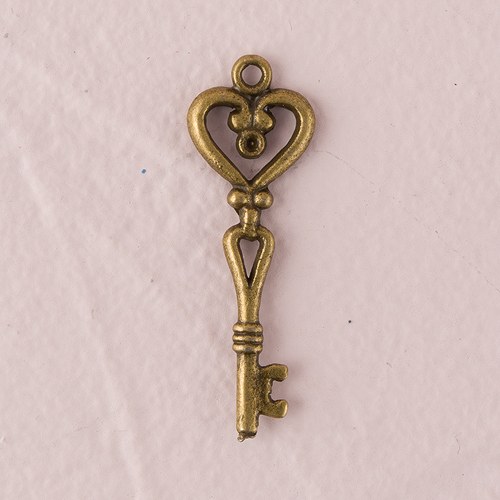In my last time around, I argued that Mary Poppins Returns is not a retread of the original film but a second, rhyming verse. Today I will concede that it is still not as good as the first. Mary Poppins Returns never quite achieves the wit or the heart of its classic forerunner. The pathos of Mary Poppins is deeper and truer even while its tragedies are so much slighter; the film makes more of a father’s distraction than its sequel does of a mother’s death. It is worth examining why.
Paradoxically enough, Mary Poppins achieves its power because, and not in spite of, the fact that it scales its tragedy to the every day. For a mother to die while her children are still small is the tragedy of a lifetime; for a man to forget what is really important is the daily weakness of humanity. The sadness of Mary Poppins is the sadness of forgetting, of misunderstanding and being misunderstood, of suddenly realizing how time flies away. It’s not high tragedy. But it’s near to everyone’s life.
The afflictions of the Banks family in Mary Poppins are more universal than those of the new Banks family in Mary Poppins Returns. But more important than the films’ basic ideas is their development. The writers of the first movie were more skilled and subtle in handling their material. Notice how gradual and inarguable is George Banks’ character progression: comically oblivious at the beginning; unexpectedly sympathetic in the second act, a grown-up with no one to look after him in his cage; and finally, at the climax, he becomes the very heart of the story, in his despair at his shattered ambitions and the courage of his lonely walk through the nighttime streets of London.
Nothing in Mary Poppins Returns entirely equals the power of that walk, or of Bert’s gentle admonition of both father and children. The film is not without its own power. There are moments of real tenderness in it, anchored around the family’s grief. Yet what resolution the story offers is artificial, and as such it neither satisfies nor finds its way into real depths. When the film attempts to create comfort in the wake of death, it simply pulls the standard Hollywood pieties off the shelf.
Now the essence of the Hollywood creed on death – at least when Hollywood wants to be heartwarming – is that the dead are not really gone. This is another way of saying that death is not death. It always feels so false. Mary Poppins Returns presents a great tragedy and denies that it’s really as bad as all that. The earlier movie, in its better wisdom, took a lighter grief and told the truth, and through the truth it found power.
Storytellers like to go for the heart-strings. All heart-strings are fair game, even the easy and obvious ones. Just don’t underestimate the potential of small griefs and mundane troubles. And whatever grief you choose, remember that the key to its power lies in telling the truth about it.












































This is eye-opening. I have been having trouble writing one of my stories, and this actually helps me understand what I was trying to do. Do you have some other suggestions for me to read/watch to help in portraying these small daily tragedies?
Oooh, this is a very good analysis. Even as a little kid, I understood that the dad was in trouble on that tragic walk to work. And for some reason, watching them tear up his flower and break his hat was silly and awful at the same time. But a child could understand it. Watching a parent die? As a kid, that was too sad to grasp. I stayed away from those kinds of stories.
Haven’t seen the new Mary Poppins movie, but something to consider is that people often aren’t upset about the small things in and of themselves, but rather their implications and results.
If a parent doesn’t spend enough time with their kid, the kid isn’t necessarily going to be super upset about one or two times when the parent misses an event or conversation. The child will probably instead be upset by implications such as ‘my parent doesn’t care about me’ or ‘my parent won’t take the time to teach me things I need to succeed in life. I’m scared about my future.’
Of course, even little every day tragedies can snowball into things with major consequences. In my current WIP, the main char’s mother was often rather harsh and strict toward her son, and even though she actually cared about him, she didn’t show it often enough. It completely destroyed their relationship and led to her son making a lot of bad decisions.
Great post! Thanks for bringing this to my attention.